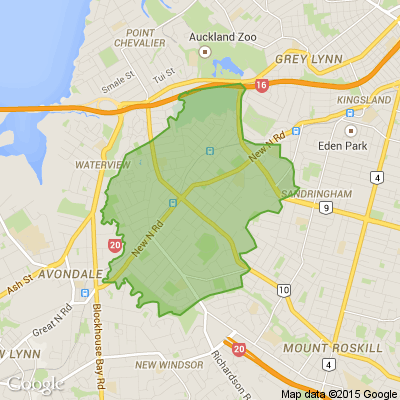Home Security Checklist
With summer just around the corner and the warmer weather setting in, you’re going to be spending a lot of time outdoors leaving doors and windows open to get fresh, cool breezes through your home. But leaving your home open may increase the risk of break-ins and create an easy way for intruders to gain entry into your home.
Exceed is here to help you with 10 top tips to improve your home security:
1 - Use key-operated locks on doors and windows – and don’t hide spare keys under doormats or in obvious places for burglars to find them easily
2 - Install security screens on all doors to keep your family safe
3 - Install window security stays to increase security, natural safe ventilation and prevent children falling from high windows
4 - Install hinge bolts to stop doors from being lifted out of their frames
5 - Upgrade beads and rubbers to hold any glass in place
6 - Install digital deadlocks so you no longer need to remember your keys when you leave your home and grant short term access to friends or Airbnb guests
7 - If you have an alarm system, make sure it is working properly
8 - Keep plants trimmed around doors and windows and install sensor lights or CCTV cameras
9 - Don’t leave valuable items like keys out in easy view for opportunistic thieves
10 - If you’re going away on holidays, make your home look occupied – leave the TV or radio playing, set lights to come on with a timer and ask a neighbour to collect your mail and take care of bins
Being aware of potential security risks and taking action early is the best way to keep your home and loved ones safe.
Click the link below to learn how Exceed we fix windows & doors specialists in your area can help you improve your home security!

Neighbourhood Challenge: Who Can Crack This One? ⛓️💥❔
What has a head but no brain?
Do you think you know the answer? Simply 'Like' this post if you know the answer and the big reveal will be posted in the comments at 2pm on the day!
Want to stop seeing these in your newsfeed?
Head here and hover on the Following button on the top right of the page (and it will show Unfollow) and then click it. If it is giving you the option to Follow, then you've successfully unfollowed the Riddles page.

Some Choice News!
Many New Zealand gardens aren’t seeing as many monarch butterflies fluttering around their swan plants and flower beds these days — the hungry Asian paper wasp has been taking its toll.
Thanks to people like Alan Baldick, who’s made it his mission to protect the monarch, his neighbours still get to enjoy these beautiful butterflies in their own backyards.
Thinking about planting something to invite more butterflies, bees, and birds into your garden?
Thanks for your mahi, Alan! We hope this brings a smile!

Boxing Day Alert! Grab a Mattress That Feels Out of This World
Ever wondered what it’s like to sleep on a mattress designed by NASA? Tempur started in space, and now it’s here to give you next-level comfort right at home!
Imagine a mattress that cradles every curve, reduces pressure, blocks your partner’s tossing and turning, and lasts for years. Side sleeper, back sleeper, or somewhere in between - there’s a Tempur just for you.
Even better? Perfect timing! Our Boxing Day Sale is happening now! It’s the perfect chance to grab your dream mattress and upgrade your sleep before the year ends.
Find your nearest Beds4U store: beds4u.co.nz...
Browse all Boxing Day deals: beds4u.co.nz...
Want to learn more about Tempur mattresses before you buy? Check out our guide here: beds4u.co.nz...
Neighbours, your dream bed is waiting - don’t let another sleepless night pass!







 Loading…
Loading…




